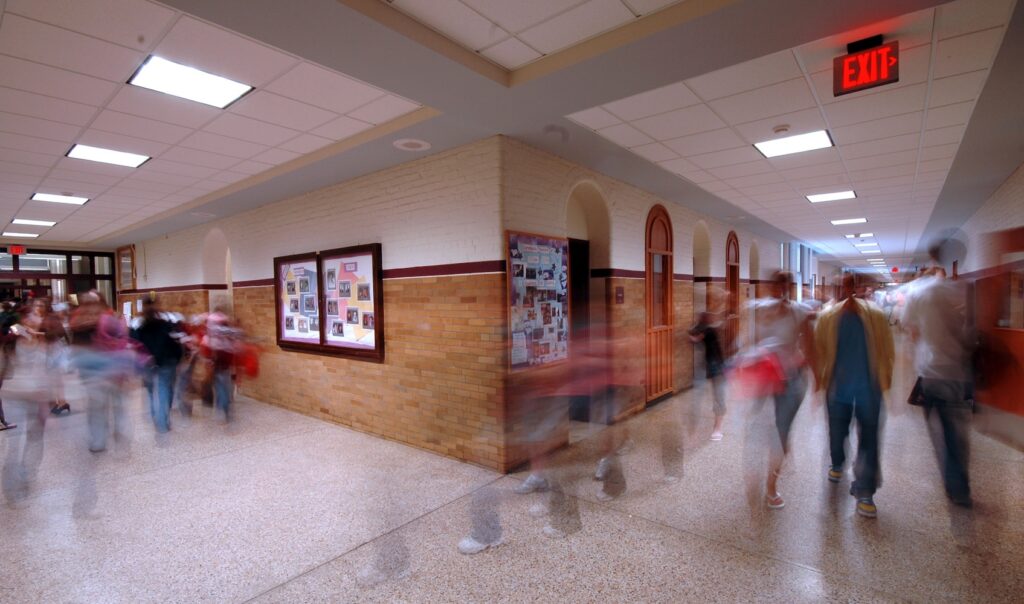Mental health programs ‘parent’ students in classroom, Delaware lawmaker warns
A suffocating blanket approach to student mental health is cutting back on teaching and classroom productivity, a Delaware legislator argues.
State Sen. Eric Buckson, R-Dover, insisted in a…

A suffocating blanket approach to student mental health is cutting back on teaching and classroom productivity, a Delaware legislator argues.
State Sen. Eric Buckson, R-Dover, insisted in a statewide Student Behavior and School Climate Task Force meeting Monday that students “don’t need all the fancy stuff. They don’t need the interventions. They don’t need the couches, they don’t need the specialists. They just need to realize, OK, there’s accountability back in the system and I need to handle my business.”
Earlier this year, Buckson similarly made waves by facing off against state Sen. Bryan Townsend, D-Newark, the state Senate Majority Leader, on the issue of school discipline. Buckson sought to institute a Classroom Behavior and School Discipline Task Force focused on improving learning environments by separating disruptive students from the classroom.
Townsend opposed the strategy, offering his own version of the proposed task force that removed the word “discipline” from the team’s title, among other changes.
Despite the Delaware Department of Education’s request for $30 million in funding for mental health services in 2023, the state’s public school students continue to demonstrate escalating rates of poor behaviors, including emotional deregulation – an inability to exhibit emotions appropriate to the context – and lashing out against teachers and peers.
From the perspective of conservative legislators such as Buckson, mental health interventions should be targeted toward individual students who demonstrate the need for them, rather than subjecting entire classrooms to problematic behaviors and their repercussions.
“Mental illness is real; mental fitness is real,” Buckson said. “Mental health is a good thing that we all have, but we’re labeling it as some stranglehold on education, and the weight of it is collapsing the system.”
Yet, the Delaware Legislature has been ramping up investments in the scattershot strategy.
The state House of Representatives passed a bill in May expanding funding for mental health services in high schools and allowing reimbursement for school employees who gain professional licensure in mental health areas.
“Most of these kids are coming from loving homes,” Buckson summarized. “Most of these kids have the structure, and it’s the ones that don’t that we need to be laser-focused on.
“But when you just take the whole [class] and say that every child has to be parented by the classroom instructor, now the classroom instructor can’t effectively teach the math and the science and deal with the kids that do need help.”
Debate about youth mental health has reached a fever pitch in the post-COVID-19 era of education, as educators flee the profession in droves due to students’ worsening streaks of poor behavior.
“The number of mental health professionals has multiplied and the costs of pursuing ideal mental health have spiraled upward,” writes Andrew Spencer for The Gospel Coalition in a review of journalist Abigail Shrier’s new book Bad Therapy: Why the Kids Aren’t Growing Up.
“Informal therapeutic ideas like self-care, mental health days, and emotional check-ins have become standard language for conversation. Yet the expansion of formal and informal treatments largely hasn’t improved general mental health, especially not for teens.”



